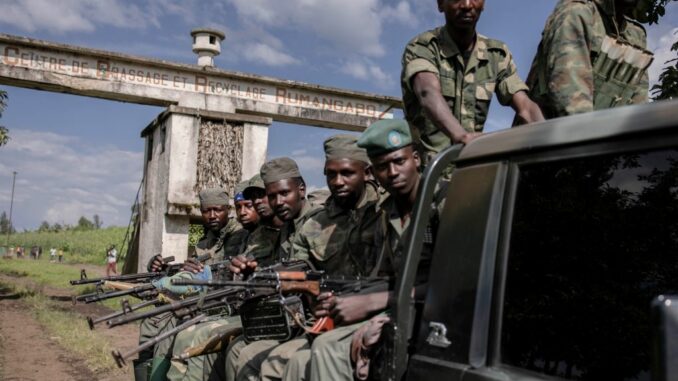
The Democratic Republic of Congo (DRC) and Rwanda, which agreed to a fragile ceasefire in early August, have taken a significant step forward in the peace process for eastern DRC by approving a key operational framework. Angola, the African Union-appointed mediator in the conflict, announced the development earlier this week.
Since late 2021, eastern DRC has been gripped by violence following the resurgence of the M23 (March 23 Movement) rebellion, which has captured extensive territories at the expense of the Congolese Armed Forces (FARDC) and pro-government militias. The M23, widely believed to be backed by Rwanda and its military, continues to launch localized offensives despite the August ceasefire that largely stabilized front lines.
On Monday November 25, the Foreign ministers of the DRC and Rwanda reviewed and endorsed the Concept of Operations (CONOPS), a critical document outlining the framework for the potential withdrawal of Rwandan troops from Congolese soil. The Angolan Ministry of Foreign Affairs described this agreement as a “key instrument” in advancing the harmonized peace plan aimed at resolving tensions between the two neighbors.
The CONOPS, commonly used in military planning, is designed to establish timelines and resource allocation for operations. While specifics of the agreed terms have not been disclosed, the document is expected to shape the implementation of measures to de-escalate the conflict. An earlier draft of the harmonized plan, dated August, stipulated the neutralization of the Democratic Forces for the Liberation of Rwanda (FDLR) as a prerequisite for the withdrawal of Rwandan forces. The FDLR, an armed group formed by Hutu leaders implicated in Rwanda’s 1994 Tutsi genocide, remains active in the region and is aligned with Congolese forces against the M23.
Despite ongoing ceasefire violations, dialogue between the DRC and Rwanda has persisted under Angolan mediation. Earlier in November, the two countries agreed to establish a monitoring committee to oversee breaches of the truce. This committee, led by Angola and including representatives from the DRC and Rwanda, is tasked with ensuring compliance and fostering trust between the parties.
The approval of the CONOPS is seen as a positive, albeit cautious, step in addressing the complexities of the eastern DRC conflict, where multiple armed groups and regional dynamics contribute to persistent instability. However, significant challenges remain in translating agreements into concrete actions on the ground.
